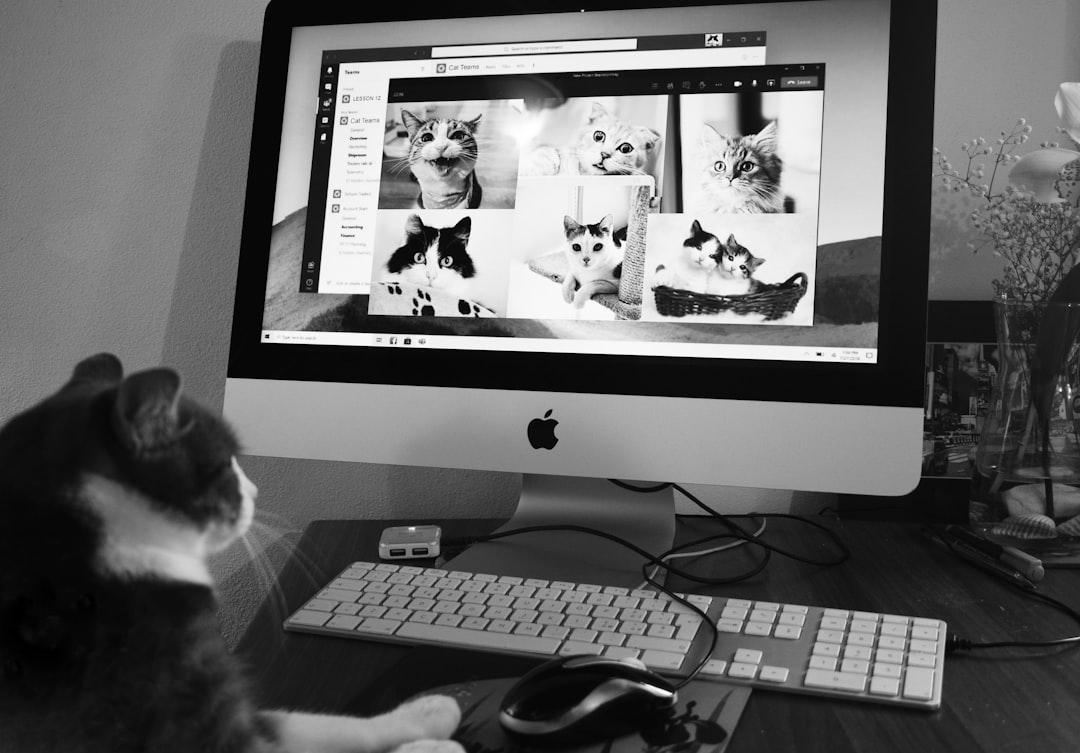
In this article, we’re going to cover some important information about Houston Siamese Kittens. This includes the characteristics of this cat breed, health risks and how to care for your new kitten. After reading this article, you should feel more comfortable bringing one home. You can then read on to learn how to raise a healthy and happy Siamese cat. You’ll be well on your way to fostering a wonderful new family member!
Information about Houston Siamese Kittens
Whether you’re a first-time cat owner or looking for a companion for the first time, here’s some information about Houston Siamese kittens. Siamese are one of the few breeds of cats that is described as dog-like. This trait makes them extremely affectionate and makes them an excellent choice for people who love to receive attention from their owners. Siamese cats tend to follow their owners from room to room and are incredibly lovable. You’ll want to consider this breed if you have a family pet already, or don’t want to add another pet to the mix.
If you’re a cat lover, you’ve probably heard about the chatty nature of a Siamese cat. These adorable little creatures love to tell you about their days, their naps, their food, and what they’re thinking. Even the most basic of Siamese details are outlined in minute detail by Siamese kitties. This makes these cats a great companion, but it’s important to remember that they do need plenty of attention.
Characteristics of Houston Siamese cats
The Siamese cat is one of the first distinctly recognized breeds of cats from Asia. This breed originated from the Wichianmat landrace, one of several different varieties native to Thailand. It was one of the most popular breeds in Europe and North America in the nineteenth century. The Siamese has many distinct characteristics, including a long, narrow head, a broad chest, and a large, dense body.
The Siamese is intelligent, curious, and extremely sociable. This breed is extremely loyal to its owners and can be intensely clingy. They are very affectionate towards their owners and can spend countless hours on their lap. These cats are extremely affectionate and will follow you around your home until you get tired of seeing them. Their close-lying coats require only occasional brushing.
Health risks
If you are considering adopting a Houston Siamese kitten, it is important to know the health risks that come with owning the breed. There are a number of diseases that Siamese cats can develop, including progressive retinal atrophy (PRA), which leads to gradual blindness. While most of these cats do live into middle age, others may not. Other potential health risks that come with owning a Siamese kitten include systemic amyloidosis, which results in protein buildup in various organs, including the heart and liver. Another possible disease that can cause severe liver damage and kidney failure is mediastinal lymphoma, which results in fluid buildup around the lungs. If you or your cat have a Siamese kitten, it is important to consult your vet immediately, as symptoms can vary between breed
The most common of the health risks associated with Siamese kittens and cats is cancer. Certain types of cancers are more common in Siamese cats, including lymphoma. Fortunately, many forms of the disease can be treated through chemotherapy, and many patients are cured with this treatment. The best way to detect any possible cancer in your cat is to have them regularly checked by a veterinarian. You should schedule periodic blood tests, and your vet will check for any lumps or bumps that might be present.
Care for Houston Siamese kittens
While most cats and kittens enjoy regular attention, Siamese need consistent playtime. This playful type of cat will play fetch, pounce on balls, and hunt for toys. Play time should last no less than an hour, and if you give it more, it’ll be content. Here are some tips to care for Siamese cats. Listed below are some of the top ways to care for your new cat.
First of all, you must ensure that your new Siamese kitten receives all necessary vaccinations. Vaccinations are required during their first year of life. Your kitten should get the rabies shot. Ask your veterinarian for a recommended schedule. You must also educate yourself about the health issues that may affect your cat. While your kitten may seem healthy, you should be aware of common health problems and preventative measures.
